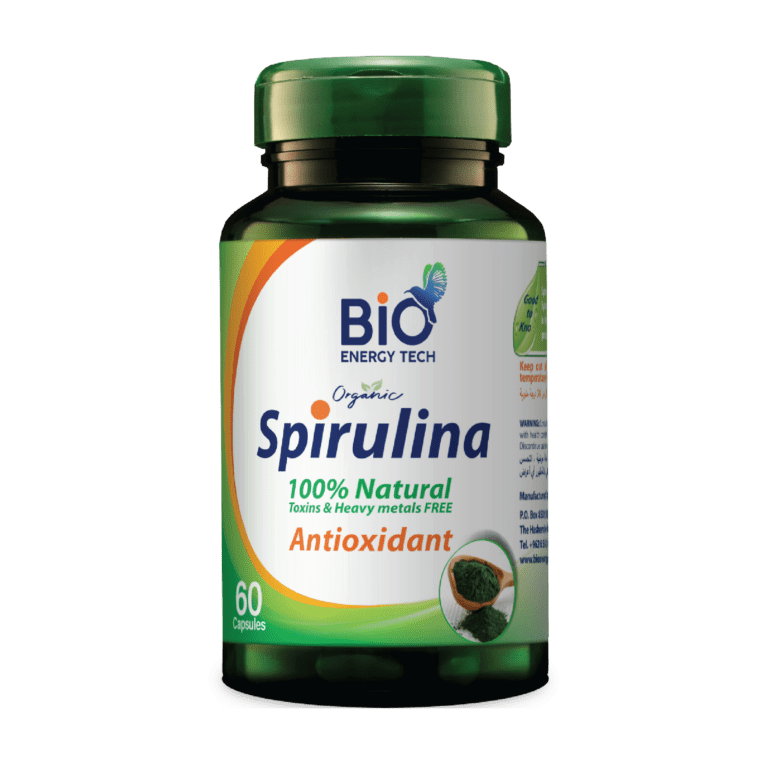Introduction to Spirulina
Spirulina is one of the oldest life forms on Earth, with its usage dating back to the Aztec and Mayan civilizations. It is a blue-green algae considered one of the richest food sources in the world. In modern times, it is known as the superfood for energy due to its high content of proteins, vitamins, and minerals, making it an ideal choice for those looking to boost their energy naturally and healthily. Additionally, it contains antioxidants that support the immune system and help fight inflammation and diseases. Spirulina can grow naturally in warm freshwater lakes and can also be cultivated in man-made tanks.
Benefits of Spirulina for Energy
One of the most notable benefits of Spirulina is its ability to boost energy levels. Spirulina is rich in complete proteins, meaning it contains all the essential amino acids the body needs. These amino acids help build muscles and repair tissues, contributing to increased energy and endurance. The proteins in Spirulina also enhance satiety and reduce feelings of fatigue. Additionally, Spirulina is high in iron, which plays an essential role in transporting oxygen to the body's cells, and vitamin B12, which is crucial for supporting overall energy levels.
Spirulina as an Immune Booster
Besides its energy-boosting benefits, Spirulina is also an excellent immune system booster, making it a key component in the superfood energy list. It contains antioxidant compounds such as phycocyanin, which helps fight inflammation and promotes cellular health. Due to its high levels of vitamins and minerals, Spirulina aids in the production of white blood cells that combat various types of germs in the body. These properties make it an ideal choice for those seeking to strengthen their immunity and reduce the risk of illness. Therefore, adding Spirulina to the diet can contribute to overall body health and increased ability to face daily challenges.
How to Consume Spirulina
Spirulina can be consumed in various ways, making it easy to incorporate into the daily diet and become part of the superfood energy regimen. It is commonly used in powder form, which can be added to smoothies, juices, and yogurt. It is also available in tablet or capsule form. The recommended daily number of Spirulina tablets can vary based on the concentration of Spirulina in each tablet and the individual's needs. However, the typical dosage for adults usually ranges from 3 to 6 tablets per day, with each tablet typically containing around 500 mg of Spirulina. Spirulina can also be used in cooking by adding it to soups or salads. This flexibility makes Spirulina an easy and convenient option to enhance the nutritional value of daily meals.
Side Effects of Spirulina
Spirulina is generally safe to consume but may cause some minor side effects such as headaches, dizziness, sweating, difficulty concentrating, facial flushing, or digestive disturbances in some people. It is essential to purchase Spirulina from reputable sources to ensure its quality and absence of contaminants. Consuming Spirulina contaminated with toxic metals, harmful bacteria, and microcystins (toxins produced by some algae) that may result from growing in unsafe conditions can lead to numerous health problems such as liver damage, nausea, vomiting, thirst, weakness, rapid heartbeat, and shock.
RELATED PRODUCTS
60 Capsules
Organic Spirulina 500 mg Capsules | Immune & Energy Support | 60 Capsules | Halal Certified
Rated 0 out of 5






